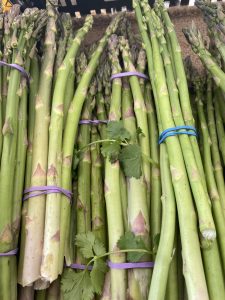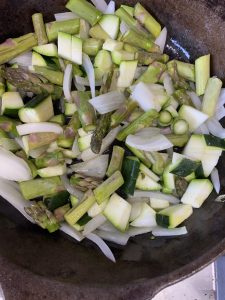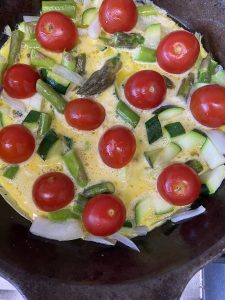
Can you believe it is only 10 weeks until Christmas? This year we really want to encourage everyone to shop local. Support your local businesses that might be struggling and let’s not boost Amazon with online sales. I know I am speaking to you who already do this – your support of our market and local businesses is so very much appreciated – maybe you can encourage your friends and family to do the same.
While on the topic of local businesses I often bring to the market local artisan stalls from late November through December. As we rush headlong towards Christmas Day I am curious to know if you enjoy this addition to our regular food stalls – but only at this time of year?
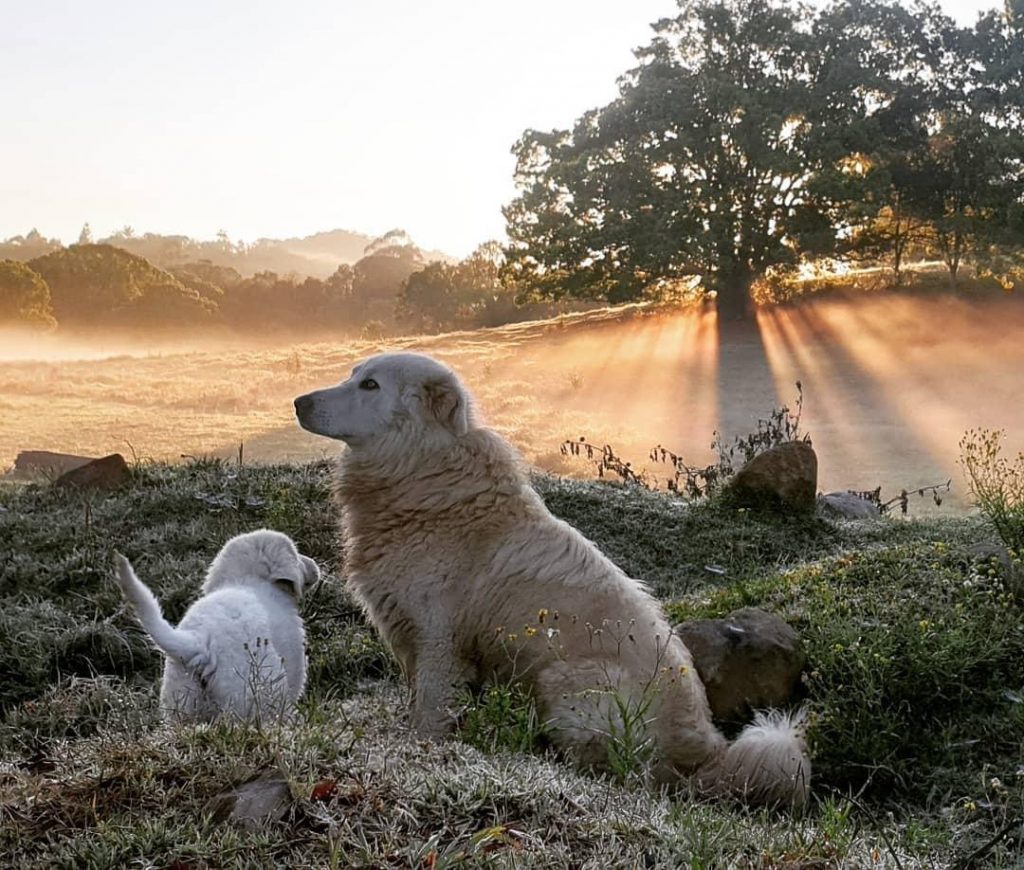
What’s News at the Market this Week?
When you buy eggs from a farm that has happy hens you can be sure that your eggs are nutrient dense. Why? Because happy hens are not free range hens – they are pastured hens. The term pastured means the hens are free to roam, foraging on the pastures with unlimited access to insects, sunlight and shade.
What is the difference between free range eggs and pasture raised hens eggs? There is a HUGE difference as pasture raised hens have a maximum capacity of 1500 hens per hectare where free range is 10,000 hens per hectare. Take a moment to think about it!
Additionally, pastured eggs require hens to have the maximum outdoor time for natural foraging. The end results are more ethical, more sustainable and of course, tastier eggs.
That is why this week we are shining the spotlight on Woodland Valley Farm whose hens are stocked at a rate of less than 100 per hectare 👏 .
Fabian Fabbro and Jodie Vicaars established their farm about two years ago just seven kilometres from Murwillumbah. They believe in farming for a healthier, sustainable future and relish the joy of living on the land. They both love this farming lifestyle, seeing their hens forage across the vast open range that is the nature of their farm layout. Their hens have the freedom to head back to their mobile chicken caravan to lay their eggs or gather under shady trees for shelter. From the time they are let out in the early morning – each hen makes its own choice and watching them stream out across the grassed paddocks is an absolute joy.
Jodie and Fabian believe that their managed pasture farming system is kinder to the environment and the hens. Manure becomes a valuable asset and constantly enhances the pastures that are maintained in top condition by regular stock rotation.
This ensures that manure enriches the soil rather than damaging it through over-stocking. And this is reciprocated with the pastures feeding the hens as they select from a fresh smorgasbord of bugs and insects while pecking, scratching and creating wonderful dirt day spas in shady hide-aways.
Recently Sophie joined their collection of animals and although she looks all fluffy and cuddly (which she is), she has a more important role. Sophie is a Maremma or livestock guardian dog who is being bonded to one of the Woodland Valley Farm flocks of hens to protect them from foxes, wild dogs and eagles. “With a little help, her natural instincts will kick in and she’ll be an effective member of our farm in no time” said Fabian, “especially when she has an older wiser friend to follow.”
Woodland Valley Farm is completely off-grid eliminating any burden on non-renewable resources in their food production. How great is that!
Since commencing at the market with their tasty and nutritious hen’s eggs they have continued to expand their range bringing duck eggs, artisan pasta, sauces and duck egg custards.
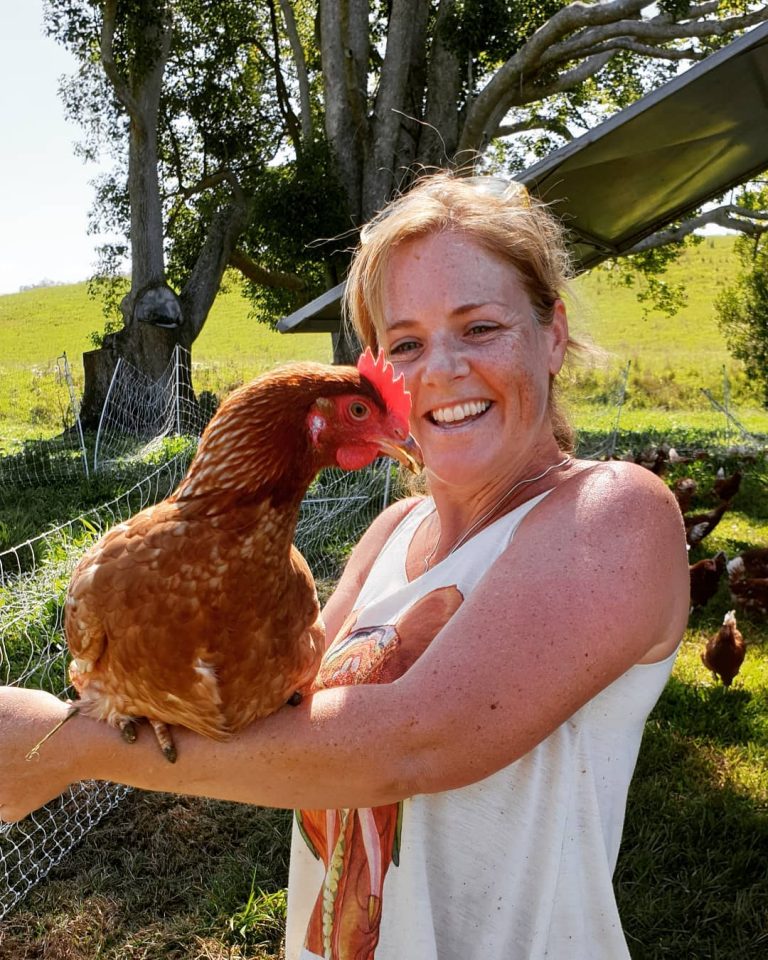
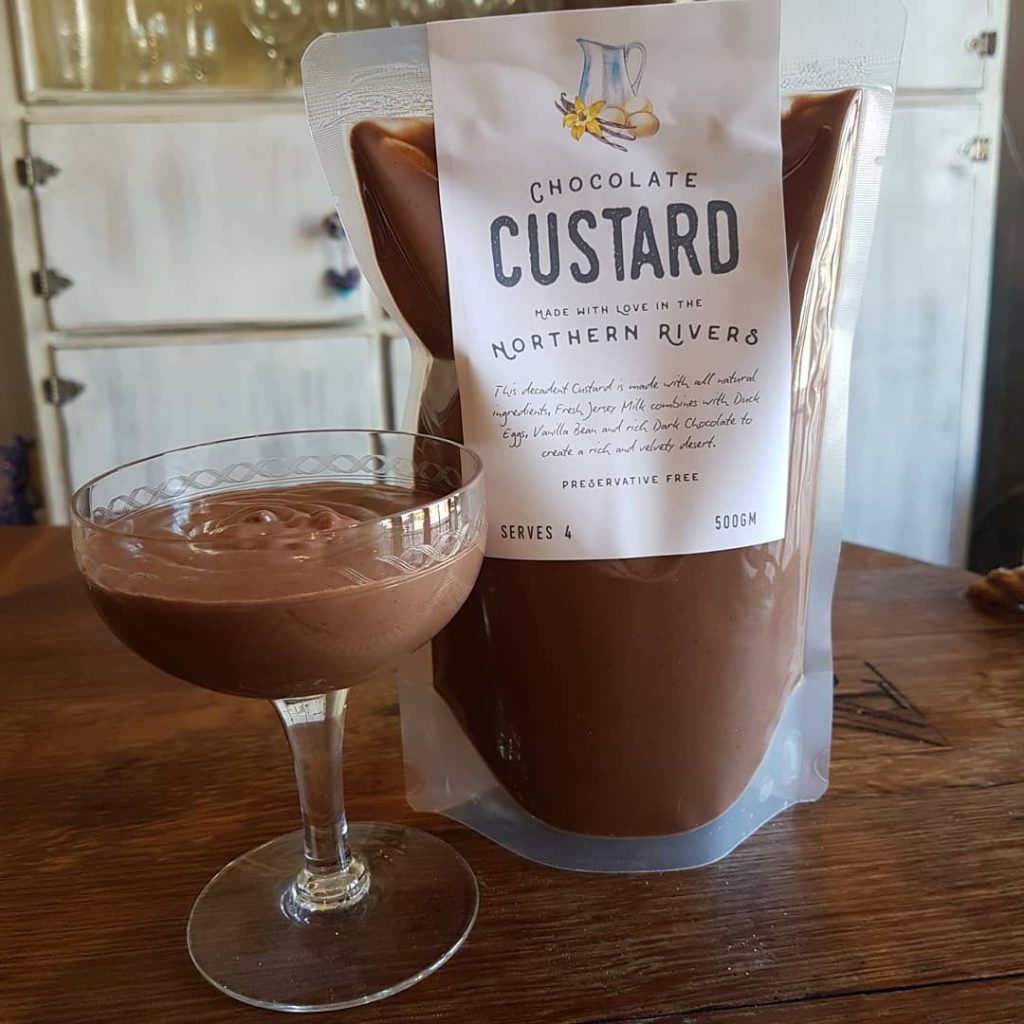
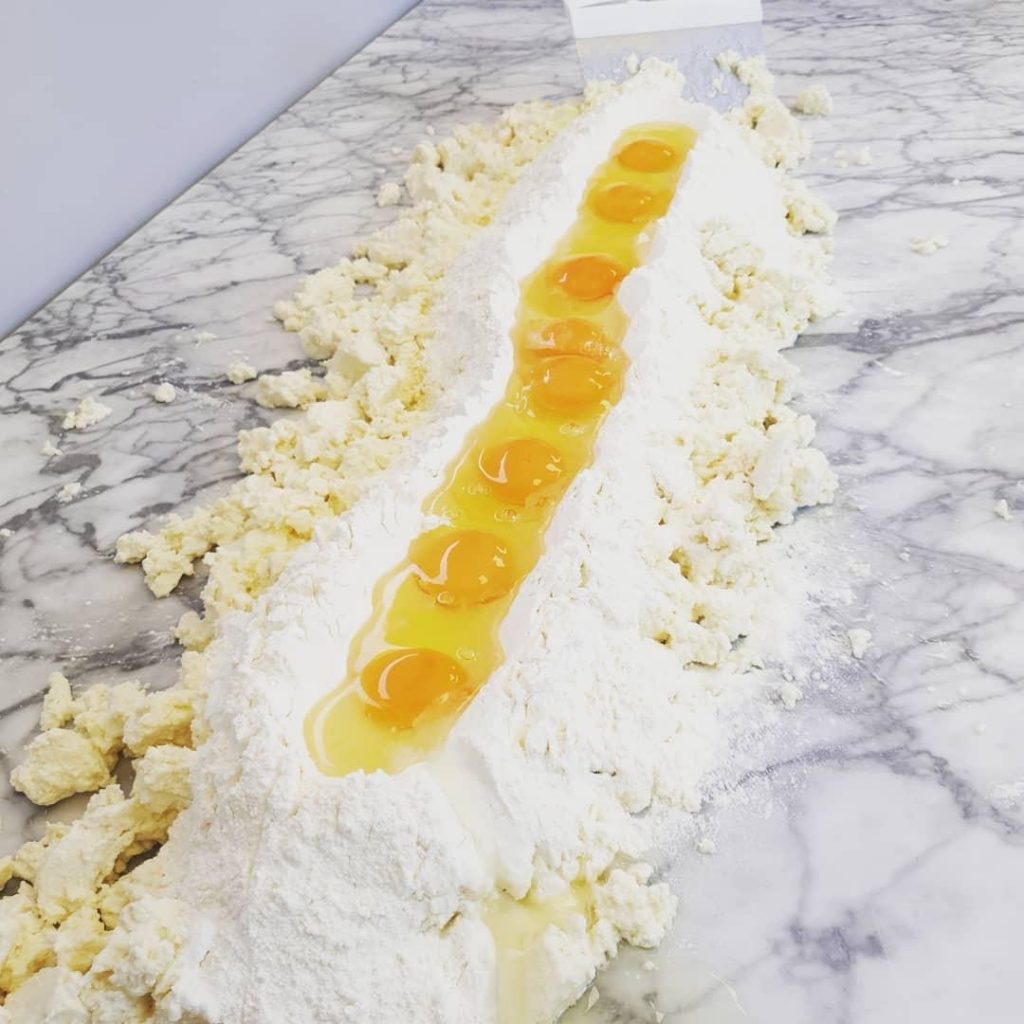
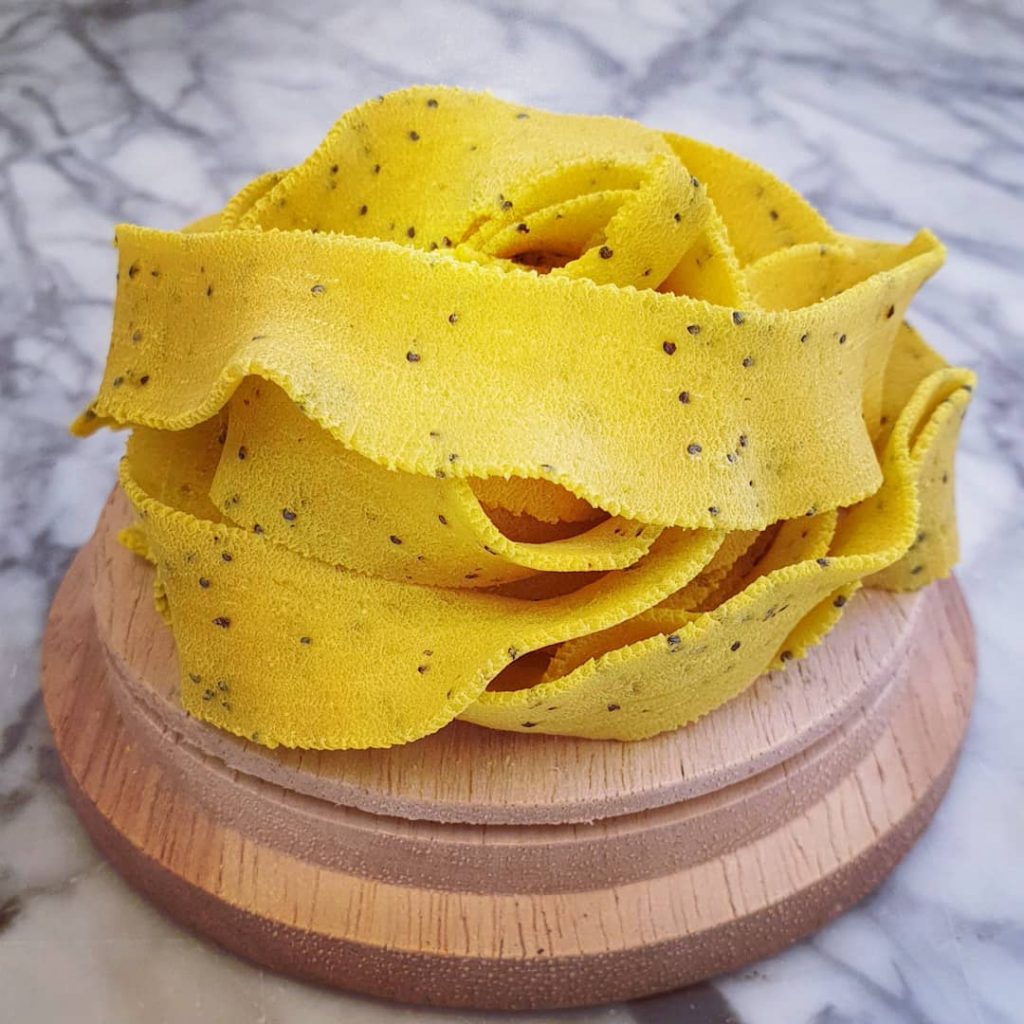
What’s GREAT at the Market this Week?
Asparagus is in season right now and here in the Tweed, it is a relatively short season, so enjoy it while it lasts. It is available at The Bio Organic Farm stall and at Sylva Lining Organics.
Cooking and storage tips: very brief cooking is the best tip of all. Only cook these slim asparagus spears that we sell at our market for no more 3 minutes. Simply blanche in water or butter.
I love to munch on my asparagus raw but sometimes I very lightly cook it with other greens – to add to an omelette (as in the photo below).
Recent research has underscored the value of careful storage of fresh asparagus.
Did you know that like all vegetables, asparagus doesn’t instantly “die” when it is picked? It continues to engage in metabolic activity including intake of oxygen, breaking down starches and sugars and releasing carbon dioxide. The speed at which these processes occur is typically referred to as the “respiration rate.” Compared to most other vegetables though asparagus has a very high respiration rate.
In fact its respiration rate is about five times greater than onions and potatoes when stored at a room temperature of 20°C and about three times greater than the rate for lettuces and ripe avocados when stored at a refrigerator temperature of 5°C.
Asparagus’ very high respiration rate makes it more perishable than its fellow vegetablesand also much more likely to lose water, wrinkle, and harden. Wrapping the ends of the asparagus in damp paper keeps it fresh for longer.
We recommend that you consume asparagus within approximately 48 hours of purchase.
* Research information above is from W H Foods
